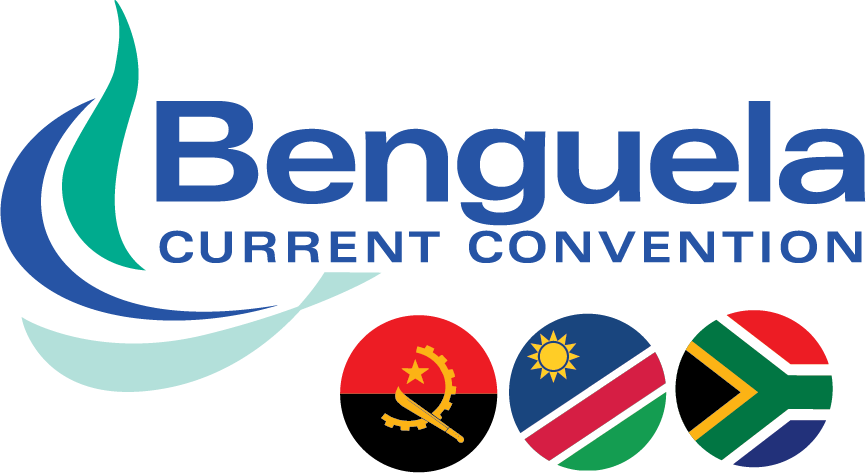The Benguela Current Convention established the Benguela Current Commission (BCC) in 2007 as a permanent inter-governmental organisation. The Convention is a formal treaty between the governments of Angola, Namibia and South Africa that sets out the countries’ intention to promote a coordinated regional approach to the long-term conservation, protection, rehabilitation, enhancement and sustainable use of the Benguela Current Large Marine Ecosystem in order to provide economic, environmental and social benefits. This comes after BCLME The governments of Angola, Namibia and South Africa signed the Benguela Current Convention in the Angolan city of Benguela on 18 March 2013.
The BCC is the first inter-governmental commission globally based on the Large Marine Ecosystem concept of ocean governance – a move towards managing resources at the larger ecosystem level (rather than at the national level) and balancing human needs with conservation imperatives.
One of the fundamental principles of the Benguela Current Convention is that the use and management of the BCLME and its resources be based on the “best scientific evidence available”. As such, the BCC implements a range of research projects that collectively improve knowledge and understanding of the Large Marine Ecosystem.
Between 2009 and 2014, the Norwegian government sponsored a comprehensive BCC Science programme. This programme was implemented by a range of partners, including the government agencies responsible for the management of ocean resources, the EAF-Nansen Project, non-governmental organizations and consultants. One of the most important features of the Science Programme is the annual Science Forum, an event that provides an opportunity for members of the BCLME science community to meet, share results and evaluate their studies. It also provides an opportunity for scientists from the region to identify areas of mutual scientific interest and discuss collaboration with their international colleagues.
The BCC Secretariat is based in Swakopmund, Namibia. It focuses on shared fishery management, environmental monitoring, biodiversity and ecosystem health, pollution reduction, and minimising the consequences of maritime diamond mining, oil and gas production, and other activities. Its priorities include solid environmental governance, research, capacity building and training. The BCC is guided by strategy documents, mutual frameworks, and policies that are consistent with the objectives of each member state.

